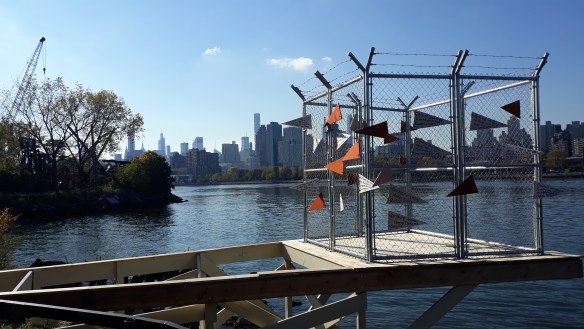The thing about writing is that it draws from nebulous things that live in my head – memories, feelings, images and the words that put those together. But the real thing is they’re not actually things, but unthings, abstract nothing things swirled into a cloud of something, a story as it were, not building blocks but protons and ions, effervescence and frequencies, half like dark matter, a presence that can only be detected by its influence on other things.

My current project, Anori, has the following scene: Dee is driven by her ex-husband Tommy from Newfoundland back to NYC. The scene used to feature Dee’s Uncle Ralph; however the book needed less of Uncle Ralph and more of Tommy. The scene also requires a switch in scene, from California to Maine. The thematic elements will remain (distance from someone once loved) as well as key images, but the voice and setting need a 180 degree shift. And so the scene becomes a mangled corpse that has to be picked.

I could kill it all, wipe the slate clean, but I don’t want to do that. The dark matter of the old scene has an unthing I want to preserve. And scorched earth is stupid. Other things were hacked out. There is no more Dodgers game, no more sexy forest ranger, and no more porno shoot in the Hollywood Hills. (sigh)

I now have Dee and Tommy, still in love, but incompatible, stopping and starting in their conversation, exposing their history and feelings, afraid of saying anything to hurt the other but keen to let the other know what they still mean. There is much to mine from my own life here, long drives with things unsaid, guilt and pain and regret. This is the magic of the process, knowing the characters and direction and now searching out where it is they say what needs to be said.









































